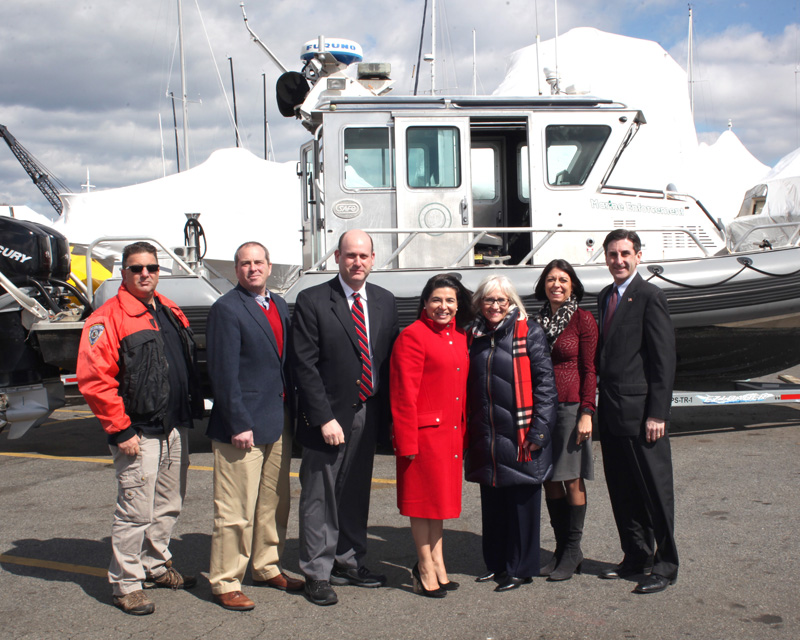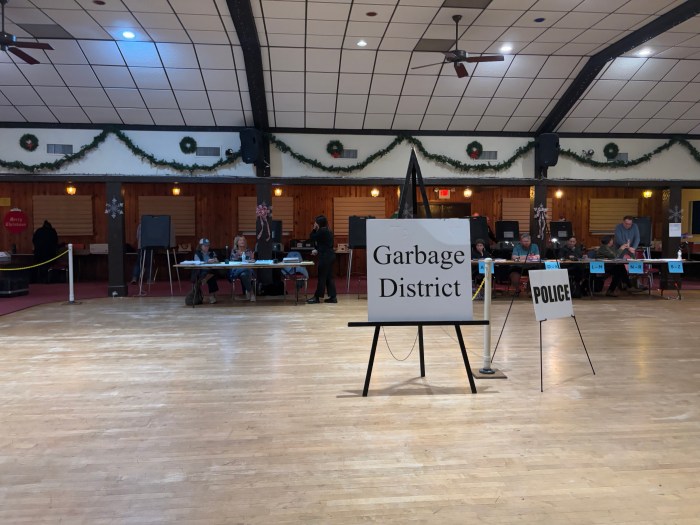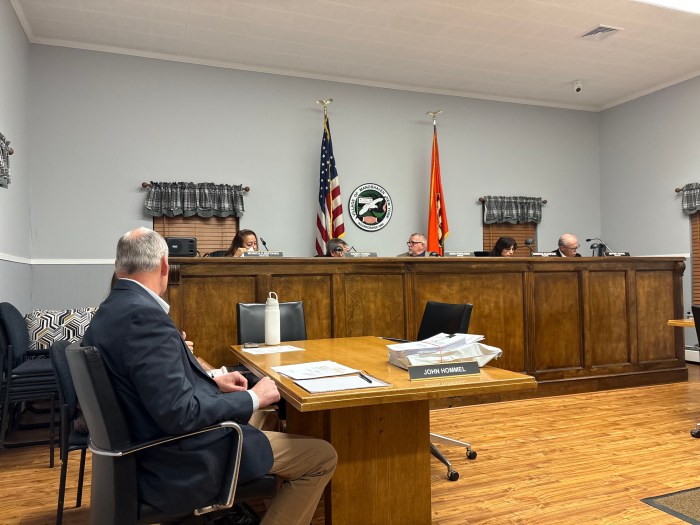
Long Island boaters are anxiously looking at the calendar and anticipating the arrival of spring, as they prepare their vessels for the water. North Hempstead Town Supervisor Judi Bosworth and the Town Board would like to take the opportunity to remind residents of responsible boating practices and how to prepare a boat for the 2018 season.
“Boater education can help prevent accidents and save lives,” said Supervisor Bosworth. “By obtaining the required certificates in advance and carefully following the rules of the water, you are not only protecting yourself and your family, but other boaters as well.”
According to Recreational Boating Statistics for 2016, an annual report that contains statistics on recreational boating accidents and state vessel registration, “In 2016, the Coast Guard counted 4463 accidents that involved 701 deaths, 2903 injuries and approximately 49 million dollars of damage to property as a result of recreational boating accidents.”
These chilling numbers are an indication that boaters need to be aware of safety measures on all waterways including when boating off of North Hempstead’s Town Dock in Port Washington.
“The town’s Harbor Patrol is monitoring waterways in order to keep all boaters safe and out of harm’s way,” explained Town Public Safety Commissioner Shawn Brown. “Boaters must obey posted speed limits and especially must not drink and drive.”
Boating while intoxicated is not taken lightly, and can lead to serious consequences. In New York State, you will be arrested for BWI for operating a boat, personal watercraft with a blood alcohol content of .08 percent or higher. Just as with driving, alcohol affects your peripheral vision, night vision, judgment, coordination, balance, reaction time and ability to focus: all skills that are necessary to operate a watercraft.
To stay safe, boaters should carry the necessary boating information and certifications with them at all times. It is important to have the right safety gear and equipment before you get out on the water, such as a first aid kit, life jackets, and distress signals. It is also imperative for boaters to always be aware of the weather conditions, operate at a safe speed at all times and avoid alcohol.
Safety Tips for Boating
- Wear a life jacket every time you are out on the water. The 2016 Recreational Boating Statistics compiled by the United States Coast Guard showed that over 80 percent of fatal boating accident victims drowned. Of those, almost 83 percent were not wearing a life jacket. NOTE: Life jackets must be readily accessible; not in packaging or buried below other gear.
- Make sure all of your life jackets are U.S. Coast Guard approved and in good condition with no rips or tears. Replace worn out jackets so when needed, they will provide the buoyancy necessary to keep you afloat and alive.
- Size matters when it comes to life jacket selection and use. When boating with children, make sure they are wearing properly sized and fitted life jackets. Children must not be able to slide out of life jackets when they hit the water.
- Don’t operate a vessel while impaired by alcohol or drugs. Alcohol use is the leading contributing factor in fatal boating accidents; it was listed as the leading factor in 15 percent of deaths in the 2012 boating statistics.
- Pay attention to your surroundings and boat responsibly. Seventy-seven percent of deaths on boats occurred where the operator had no boating safety instruction.
For information about the 2017 National Safe Boating Week and the North American Safe Boating Campaign, go to www.safeboatingcampaign.com.
Boat owners should also run through a checklist to prepare their boat for the season. This list should include:
- Do a general cleaning of hull, deck and topsides using a mild detergent
- Check through hull fittings and condition of plugs
- Check all safety equipment and expiration dates
- Make sure drains and scuppers are clear
- Put on a good coat of wax
- Clean and polish metal with a good metal polish
- Clean teak and oil
- Clean windows and hatches
- Clean canvas, bimini and dodger
- Clean interior including bilges
- Check spare parts and tools and replace as necessary
- Make sure registration is current and onboard
- Check and replace wiper blades if necessary
For more information on safety tips and navigation rules, please call 311.

























